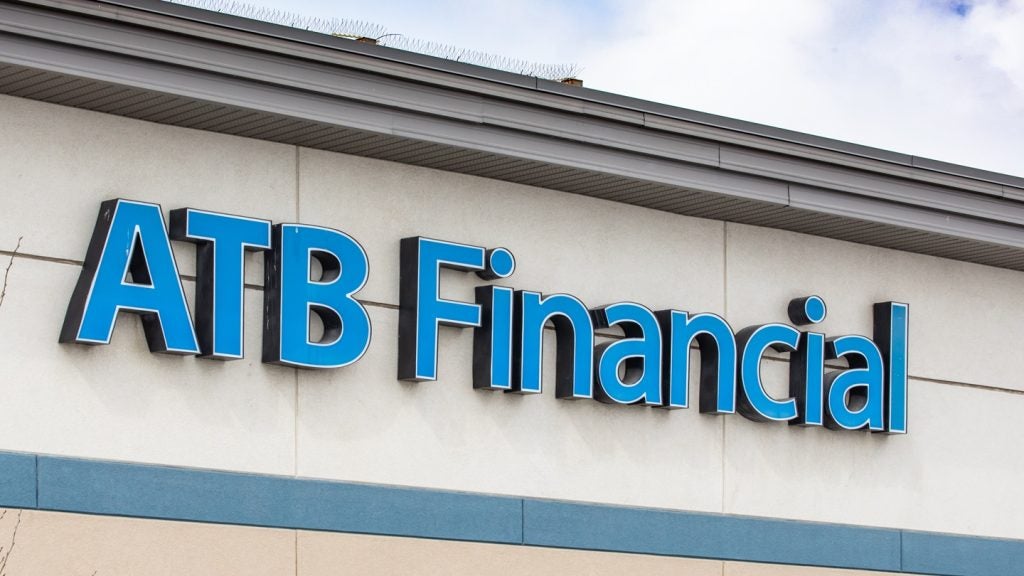Barclays Wealth has created a
US trust company as its chosen freeway for reaching more
super-wealthy business traffic. Barclays Wealth Trustees (US) will
make an important contribution towards wealth planning and
structuring for ultra-rich families, both in the US and
abroad.
 The creation of
The creation of
Barclays Wealth Trustees (BWT) could mark the long-awaited entry of
more foreign wealth managers into the US trust and fiduciary
business.
At present, only a few non-American
bank players, such as HSBC and Royal Bank of Canada, have developed
trust capabilities on any scale.
There will be no surprise if
Barclays’ initiative is quickly emulated. Credit Suisse is on
record as stating that it was mulling an acquisition of a trust
company to add to its North American service.
In addition, a number of foreign
banks took a look at Wilmington Trust, the troubled Delaware bank
founded by the Du Pont family, which has just been sold.
How well do you really know your competitors?
Access the most comprehensive Company Profiles on the market, powered by GlobalData. Save hours of research. Gain competitive edge.

Thank you!
Your download email will arrive shortly
Not ready to buy yet? Download a free sample
We are confident about the unique quality of our Company Profiles. However, we want you to make the most beneficial decision for your business, so we offer a free sample that you can download by submitting the below form
By GlobalData
Barclays’ trust initiaitve
driven by client demand
Barclays Wealth global managing
director and head of wealth advisory Rob Withecombe says in today’s
more uncertain wealth planning environment, clients had been asking
the bank to obtain US trust powers.
“In the aftermath of the financial
crisis, clients are quite naturally looking hard at wealth
preservation strategies,” Withecombe says.
“The well-advised client will
understand that trust structures play a natural role in that
process. They actively consider matters such as asset protection,
the management of wealth between generations, succession planning
in respect of business assets and tax management in their planning
dialogue with us.”
Indeed, this is a demand that
originates from around the world, not just the US.
“Trust and fiduciary services are a
vital wealth management service for both our US and non-US
clients,” Withecombe adds.
“This investment follows the
addition of two further trust businesses in Asia over the past
year.”
US ‘cannot be
avoided’
Delaware-based BWT will offer
clients US trust and estate planning structures and can act as a
trustee, co-trustee or agent in trust administration in any of the
50 American states.
In addition, the US represents an
important step in Barclays’ international trust services’ network
in multiple jurisdictions worldwide. This already covers the Cayman
Islands, Geneva, Guernsey, Hong Kong, Jersey, Singapore and the
UK.
Barclays’ initiative is likely to
spur other banks to follow suit as many large global families have
US assets, including private homes, commercial real estate and long
term significant positions in US companies.
“You can’t avoid the US really,”
says one senior private banker in London. “Almost 50% of global
capital markets and clients need to plan their assets properly and
stay in compliance with US tax rules because the implications of
being offside can be severe.”
Trust specialists say that while
some of the US-based assets of the super-wealthy could be put into
international trusts, for the most part it does not work as well as
using US trusts.
This is especially the case when
the settlor lives in a country that has an effective double
taxation treaty with the US; and where certain beneficiaries live
in the US or are US citizens.
 Difficulty of non-US
Difficulty of non-US
banks working with local trust providers
For other private bankers outside
the US, there is another motivation in establishing a US trusts
capability. Often, non-US banks use domestic powerhouses like
Northern Trust to create such fiduciary arrangements.
“I was not happy with these
third-party arrangements because we were disclosing some of our
best names to a group that may one day be a competitor,” says one
head of private banking at a non-US bank, which subsequently went
on to set up its own Delaware trust company.
Whatever the approach, it is clear
that trust is now an increasingly important competitive edge in
high end wealth planning – and a natural result of the industry’s
new emphasis on ultra high net worth clients.
Asked whether declining client
confidence in some financial advisers means independent fiduciary
capabilities are now vital, Withecombe replies: “While we are
finding that our clients are typically rebuilding their confidence
in the wealth management industry. The assessment in the question
is accurate.
“As we have carefully put together
our business proposal over the last 18 months, we have thought hard
about the need to manage our clients’ investments carefully on
behalf of the beneficiaries,” he says.
The
challenge from non-bank trust providers
Trust assets held within bank
providers in the US have remained relatively stagnant in recent
years – but that could all change.
New analysis from US financial
consultancy Spectrem suggests assets could start shifting as the
wealthy try to preserve net worth for the next generations.
This comes in the wake of the
recession and the adverse tax and investment environment.
One factor, which has been holding
back bank penetration, is the growing challenge from non-bank trust
providers. Overall, 102 bank trust institutions currently manage
common/collective funds, down from 110 last year and 105 the
previous year.
Total funds available have declined
to $2.9bn, with just over two-thirds of this total managed by the
25 largest US-based banking institutions.
65% of American households with
more than $25m of net worth have assets held in a trust, Spectrem
reports.
These households represent the
types of families most likely to have considered the impact of
estate taxes upon their households and are most likely to have
created an in-depth estate plan.
Despite competition from elsewhere,
bank trust providers are currently in an “opportunistic situation”
to take advantage of their expertise in an environment that could
be rapidly changing, due in part to new US tax and regulatory
measures, says Spectrem.
US estate tax developments should
cause households with less wealth to create trusts to shelter some
of their assets, Spectrem predicts.
Amid the confusion of what Congress
will do on tax laws, households with just over $1m do look to be
heading for punitive taxation.
Spectrem says this will create a demand for estate plans for the
7.8m households that “have effectively been ignoring these issues
for the past 10 years”.
See also:







